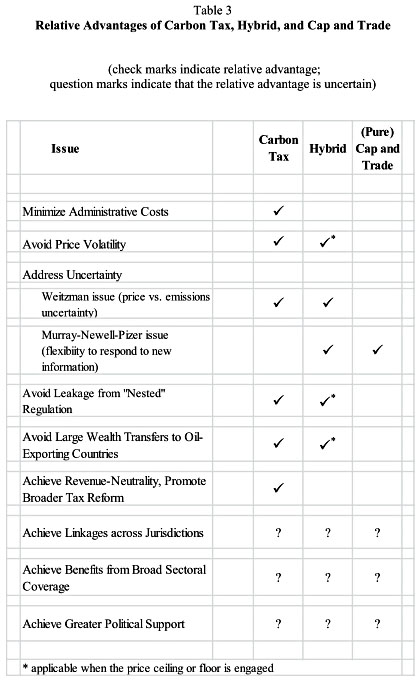Queen Elizabeth Theatre Salons, Vancouver
Android? Click Here
In the US context, the idea of putting a tax on carbon is going nowhere fast. While the policy has been championed by liberal legislators and by a few conservative apostates, like former South Carolina Rep. Bob Inglis, mainstream Republican sentiment remains opposed to climate action. For the moment, many lawmakers remain too busy denying the reality of human-caused climate change.
Cross our northwestern border, though, and a carbon tax isn’t just an idea, it’s a reality. Five years ago, the Canadian province of British Columbia joined a small group of local and national governments (still fewer than 20 overall) that have created a carbon tax—setting a price on carbon in an effort to reduce emissions. Today, the tax brings in $1 billion a year in revenue that is returned to British Columbia taxpayers. Assessing the tax’s impact on overall greenhouse gas emissions is a somewhat complicated endeavor, given a number of confounding factors (like the economic collapse of 2008-2009), but it’s clear that when it comes to the use of carbon-intensive petroleum products like gasoline and diesel, there has been a marked decline since the year 2008 in British Columbia. In the first four years of the carbon tax, sales of refined petroleum products per capita in BC declined by 15 percent, according to the Sightline Institute, substantially more than the decline in Canada as a whole.*
At a time when carbon tax policies appear increasingly enticing (especially in light of the failure of cap-and-trade in the US), what can British Columbia’s experience teach us about the prospects for solutions to climate change? How is the tax working? How do British Columbians feel about it? And has it prompted a desired growth in the clean energy industry?
To delve into these questions, Climate Desk, Climate Access, and Bloomberg BNA are partnering to present “The Carbon Tax Return: Lessons Learned From British Columbia’s First Five Years of Taxing Emissions.” This distinguished panel, preceded by a cocktail reception, will take place on Thursday, March 27, at the Queen Elizabeth Theatre, Salon C in downtown Vancouver, with doors opening at 5:30pm PDT. For tickets, click here. To join the event on Facebook, click here. The event will also be livestreamed at this page starting at 6:00pm PDT.
Featured speakers include: Spencer Chandra Herbert, a member of BC’s legislative assembly and the New Democratic Party’s designated voice on the environment; Merran Smith from Clean Energy Canada; and Ross Beaty the chairman of Alterra Power Corp. Best-selling science writer and Climate Desk Live host Chris Mooney will lead these policymakers and thought leaders in discussing the innovations, pitfalls, and promise of the first five years of the carbon tax in British Columbia.
Speaker Biographies:
Spencer Chandra Herbert, Environment Critic and Member of the BC Legislative Assembly
Spencer Chandra Herbert was re-elected to represent Vancouver West-End in 2013. He is the official opposition environment critic and previously served as the opposition voice on Tourism, Arts, and Culture and the BC Lottery Corporation and Gaming Policy. Spencer served as an elected Vancouver park board commissioner from 2005-2008, where he worked to improve environmental sustainability in Vancouver’s Parks and accessibility to programs for youth and low-income people.
Merran Smith, Director, Clean Energy Canada
Merran Smith is the director of Clean Energy Canada at Tides Canada. She leads a team working to diversify Canada’s energy systems, cut carbon pollution, and reduce the nation’s fossil-fuel dependence, and she writes and speaks extensively on the opportunities for Canada in the global low-carbon economy.
Ross Beaty, Chairman Alterra Power Corp.
Ross J. Beaty is a geologist and resource company entrepreneur with more than 40 years of experience in the international minerals and renewable energy industries. In early 2008, Mr. Beaty founded Magma Energy Corp. to focus on international geothermal energy development. In 2011, Magma and Plutonic Power merged to create Alterra Power Corp. Mr. Beaty also founded and currently serves as chairman of Pan American Silver Corp., one of the world’s leading silver producers.
Jeremy Hainsworth
Jeremy Hainsworth is a contributor internationally to Bloomberg BNA (BBNA) and the Associated Press. Jeremy has worked with BBNA for over three years on legal, regulatory, and policy issues in western Canada for BBNA’s wide-ranging stable of international publications.
* A previous version of this article stated that British Columbia’s greenhouse gas emissions per capita had declined by 10 percent from 2008-2011 after the adoption of the carbon tax, compared with a decline of only 1 percent for the rest of Canada. Those figures did not include emissions from a variety of sectors, however, including electricity and heat generation. This article has been revised for clarification.
















